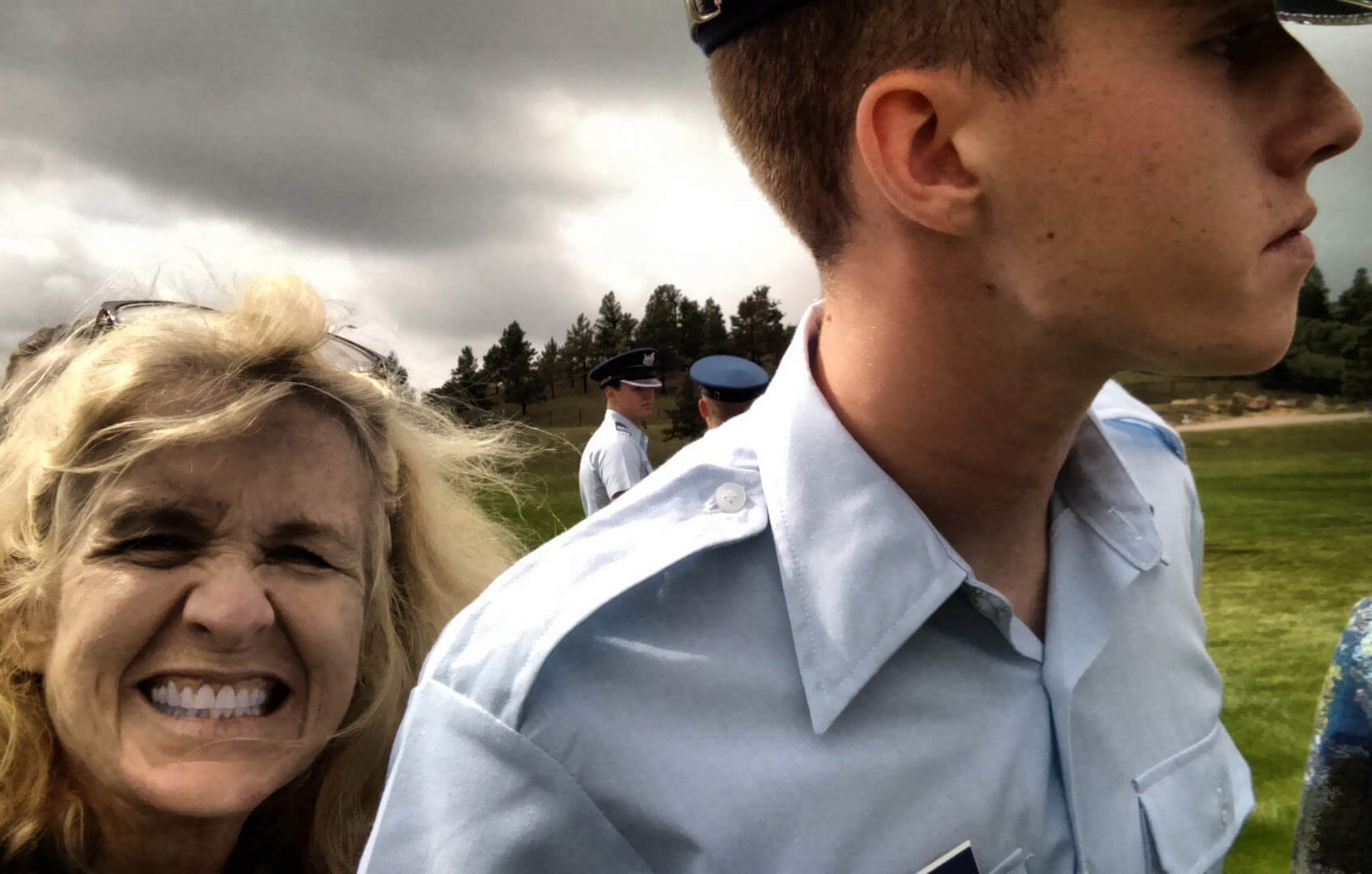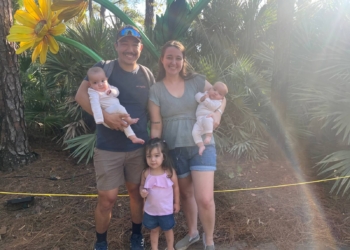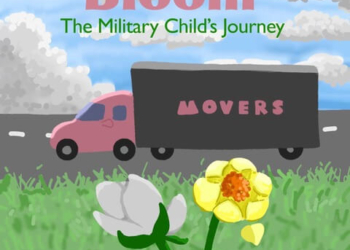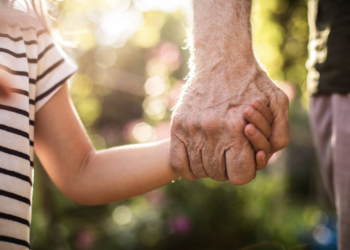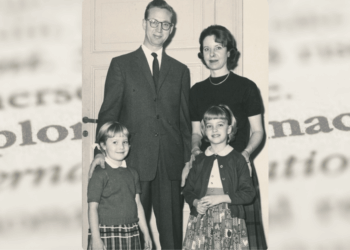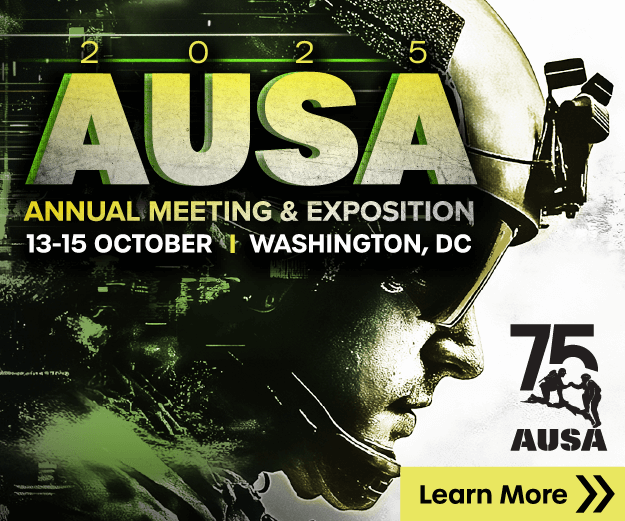Hundreds of parents will hug their kids goodbye today at the U.S. Air Force Academy, and the next day at the Naval Academy, for in-processing. One mother offers advice to help them survive and thrive during the next four years, and into the future.
When he turned around and came back to me for another hug before joining the line to enter Doolittle Hall on the U.S. Air Force Academy campus, I lost it. This kid, who had been so aloof at times in recent years, who didn’t appear to listen to anything I said, wanted a last hug from Mom before he disappeared into the depths of the academy on in-processing, or I-Day, in June 2017.
As I held my son in that unexpected hug, I suppressed sobs and tried, unsuccessfully, to stop tears from rolling down my cheeks. I wanted my cadet to start his military experience on a positive note, not with an image of Mom blubbering. I also wanted to hold him in that hug forever but knew that would be a touch embarrassing.
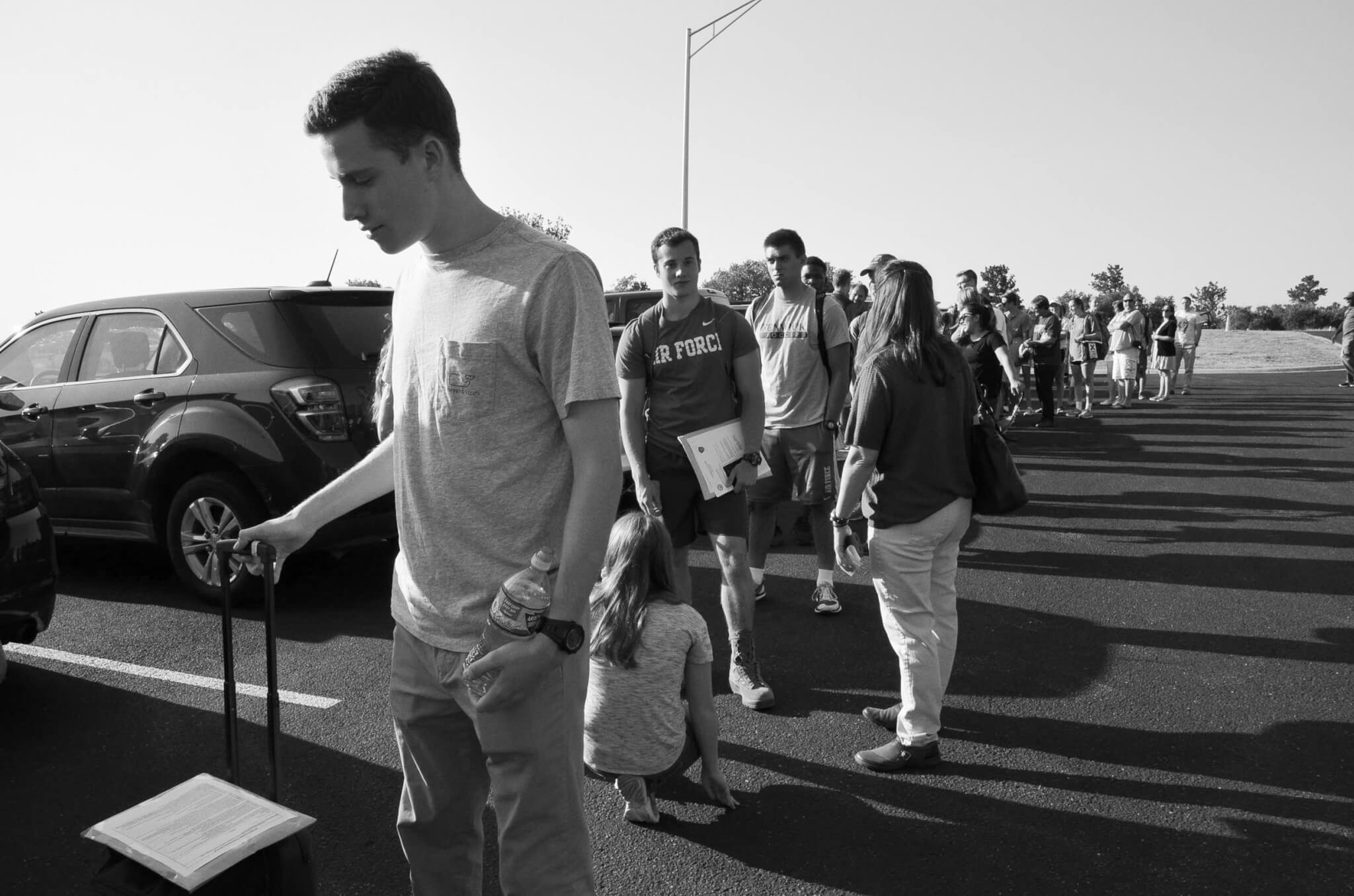
A few months later, I came back after basic training for A, as in acceptance, Day. I spent all of 20 minutes with him, photobombing him once or twice to make sure I got the embarrassment factor in there. Looking at those pictures now, I think his expression showed that basic training had been tough, but he was going to be tougher and go for that dream he’d had since he was 3 – of one day being a pilot.
To get there, he and the rest of the USAFA class of 2021 would have a journey as unique for them and their families as the incoming class of 2028 will have. It included, at the end of September in their Doolie year, an active shooter alert that saw them hunker down in their rooms for hours, away from doors and windows, ringers on phones turned off as they kept their parents and friends in the loop about what was going on.
About three hours into the saga, amid rumors that the shooter was in his dorm building, my son sent me a 7-word message: “Should be fine but I love you.” I sank into my chair at 3 a.m. on the east coast and wished I could be at the academy to hug him. Not long afterward, after roughly four hours texting with him and monitoring social media for more news, the all-clear was given. The alert had been a hoax.
The class of ‘21 endured COVID, lockdowns, quarantine, a cheating scandal involving more than 200 cadets during remote learning, the cancellation of internships – my kid’s was going to be at MIT— and the overseas language study program – my kid was going to do French in Gabon. For every cadet and their family, there were personal battles and disappointments to fight and overcome.
My son’s squadron mate, for instance, developed Type 1 diabetes a year out from graduation and was told he wouldn’t be allowed to commission. Tanner Johnson refused to accept that he couldn’t serve, did some research and ended up chatting one night with then-USAFA superintendent Lt. Gen. Richard Clark – who, to his credit, was sleeping in the dorms during COVID. Johnson told Clark how diabetes care has evolved, and how his was well under control, to which Clark replied that, if he could find a general who would take him, Johnson could commission. Today, 1st Lt. Johnson is a Space Battle Manager–Nuclear Missile Defense, in the Space Force.
“I may never be an astronaut, like my mom seems to think I will, but I can manage my condition and serve my country,” Johnson said in an interview published in 2021.
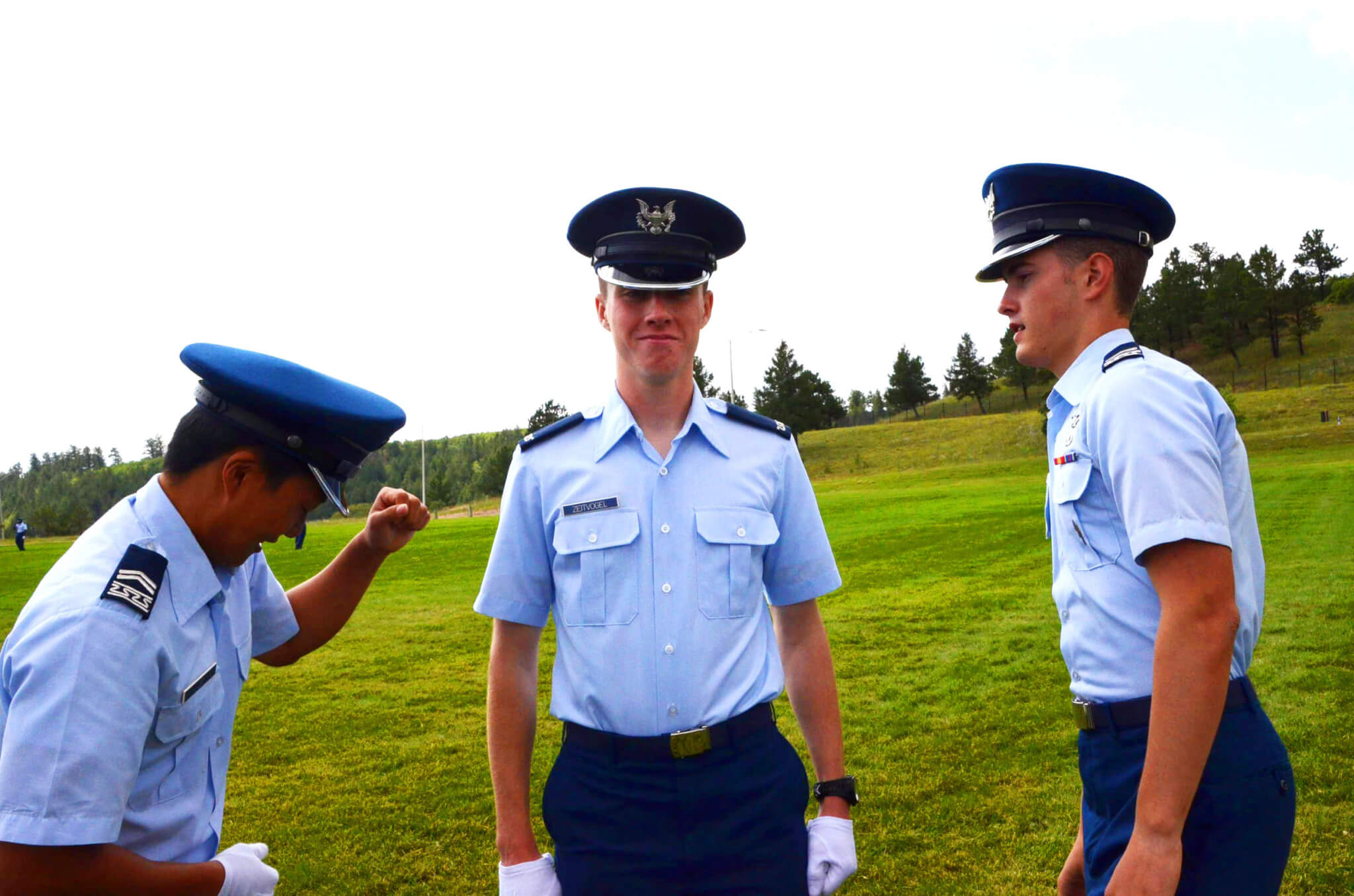
My son’s fight was less momentous, but to him, it was a setback that left him crestfallen. After getting his pilot’s license in the fall of his freshman year in what felt like record time (and, to me, expense), he tried out for the flying team. He brimmed with his characteristic understated pride when he got through to the last 12 but was one of three who didn’t make the cut.
His disappointment was palpable over the phone when he called me that night in January 2018. All the members of the flying team become pilots, he said. Many of them go to Sheppard Air Force Base in Texas and become combat pilots for NATO. To him, not making the team was an obstacle standing in the way of his dream, which had become more defined over the years: he wanted to fly fighter jets.
As I listened to his disappointment over the phone, I gave him a virtual hug, and sympathized with him. Then, I shared some words of wisdom based on experience:
“A lot of what you do at USAFA, what anyone does in their college years, in the long run is just a comma in the sentence of life,” I told him. “You’re dealing with a lot of disappointment now, but join another club or team, develop another skill, keep going to the airfield and keep flying. Your dream has always been to be a pilot. Keep your eye on the prize.”
Three years later, after weathering COVID; putting up with, quite frankly, a lousy commandant of cadets who would probably have banned the yearbook picture of cadre getting in my son’s face and shouting at him over lunch in Mitchell Hall; after learning to open a peanut butter jar (plastic…) by banging it against his forehead; attending night classes off campus with his roommate and qualifying as emergency medical technicians; running with the marathon team; switching majors at the end of sophomore year and winning a research prize in his new field; and being at the airfield practically every time I called, the day came in January 2021 when he and the rest of his class were set to learn what they would be doing after graduation.
That same day – Murphy’s Law – the dog we’d had since my son was in first grade had a stroke, and after spending hours at the vet’s and lying on the floor next to the dog to comfort her, I’d decided to have her put down. I’d also decided that, if my son didn’t get a pilot slot, I wouldn’t tell him about the dog. Heaping heartbreak onto disappointment in a single day would have been too much for him, I reasoned. Internalizing my sadness would have been a lot for me, but I thought I’d be better able to handle a double-whammy of sadness than he would be, if there was one.
There wasn’t. He got a pilot slot. I celebrated with him over the phone and hugged him virtually – and then told him about the dog. I think he might have cried, so I, from the depths of my own grief, gave him another virtual hug.
Fast forward to the end of May, and he learned that seven years after finding out he didn’t make the flying team, 6 1/2 years after taking hell from cadre and probably having headaches from opening peanut butter jars with his head; three years after I told him about the dog, he’s been selected to fly the F-35. He starts training in January.
I cried unabashedly when he told me. He listened to Mom all those years ago and kept his eye on the prize.
Karin Zeitvogel is a multimedia journalist and, since 2017, when her son got an appointment to the U.S. Air Force Academy, a military mom. She started her journalism career at the BBC World Service, and has also worked as a sports magazine editor, commentator and reporter, at French news agency AFP, Voice of America, the National Institutes of Health and Stars and Stripes. Her career as a mother has been almost as adventurous and a lot more satisfying than journalism.
Read comments

